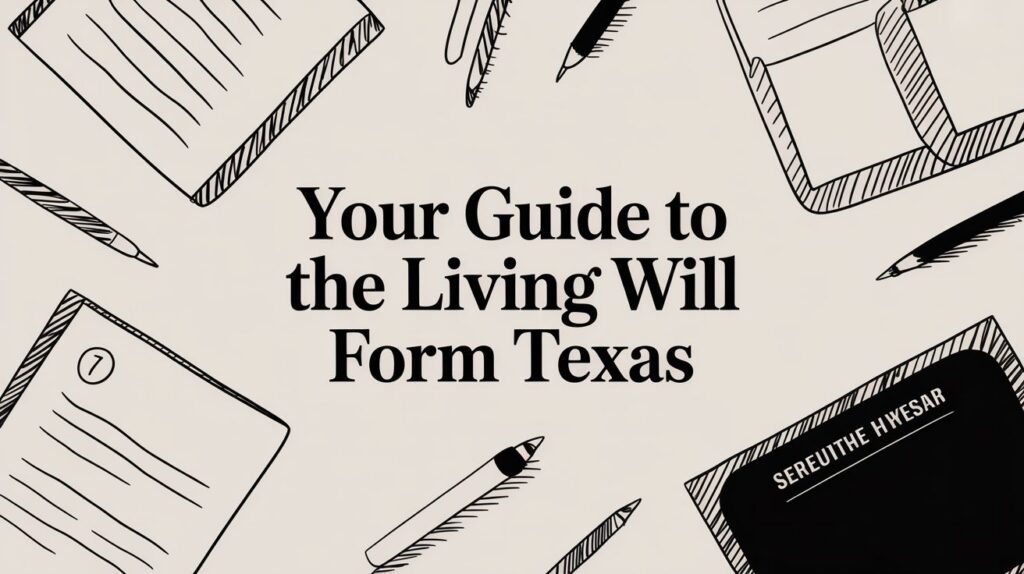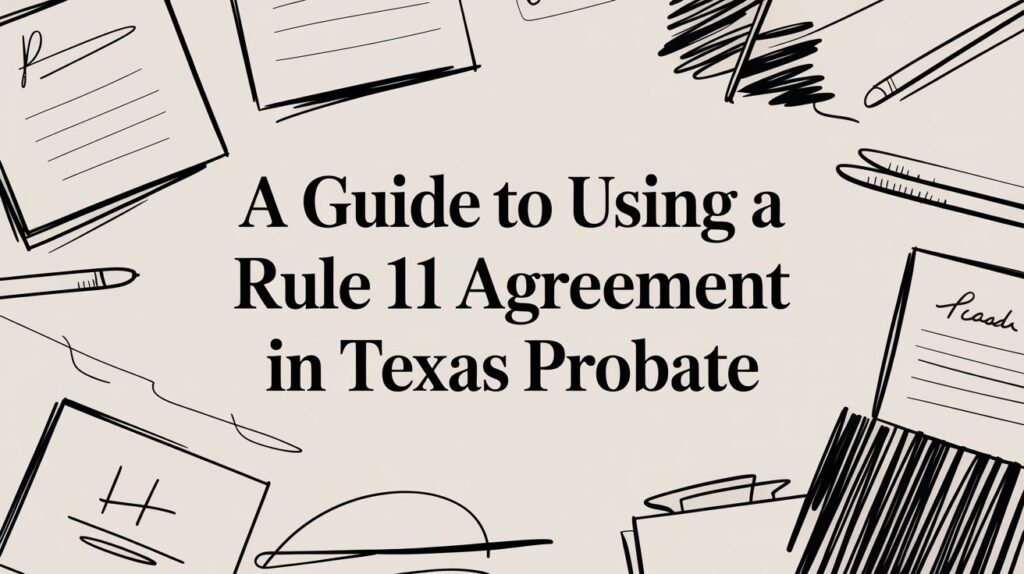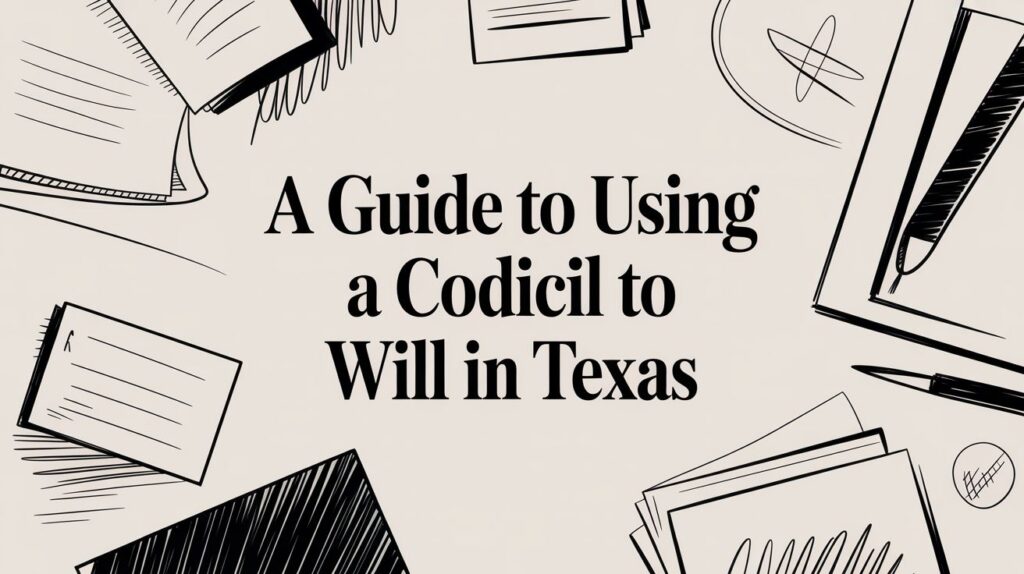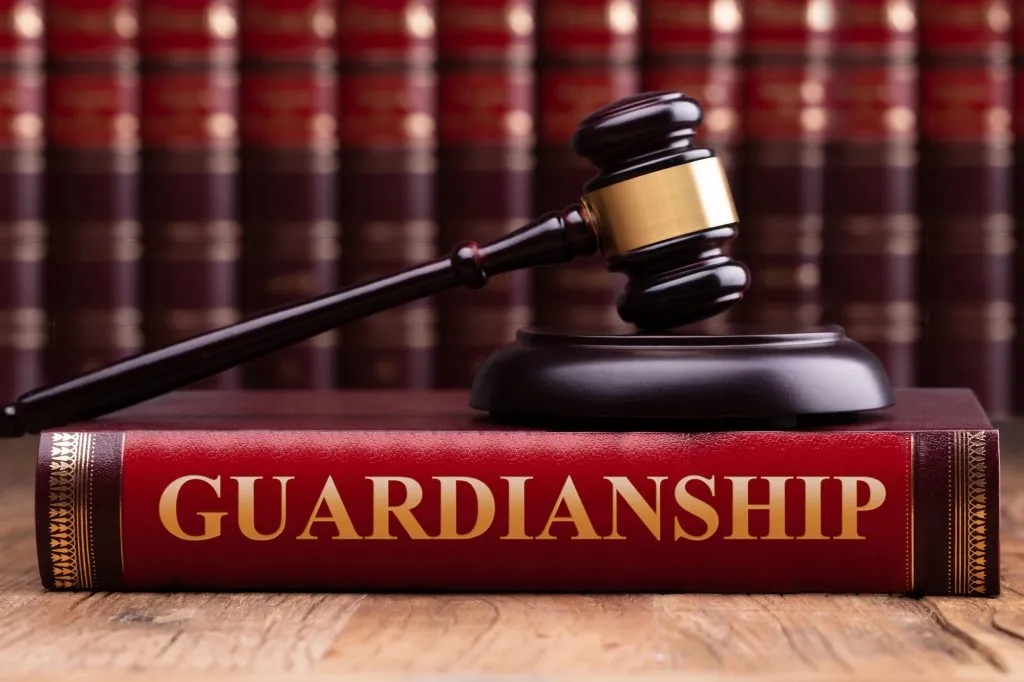When someone passes away in Texas, their assets—including real estate—typically go through a legal process called probate. Probate ensures that the deceased person’s debts are settled, their assets are distributed according to their will (or state law if there’s no will), and everything is done according to Texas law. However, when the deceased owned property that is part of a homeowners association (HOA), probate can become more complex. HOA fees and assessments can create financial and legal challenges for executors and heirs trying to settle the estate.
This comprehensive guide will explain how Texas probate law interacts with HOA fees and assessments, and how executors, heirs, and other involved parties can navigate this often-complicated process. By the end, you’ll understand the legal obligations surrounding HOA dues in probate, the responsibilities of the executor or estate administrator, and what happens when these fees go unpaid during the probate process.
Understanding the Role of Probate in Texas Real Estate
Before diving into the specifics of HOA fees and assessments, it’s important to understand the basics of probate in Texas. Probate is a court-supervised process that identifies the deceased’s assets, pays off debts and taxes, and distributes what’s left to heirs or beneficiaries. In Texas, real estate held in the decedent’s name typically goes through probate unless it is transferred outside probate via mechanisms like a living trust, joint tenancy with right of survivorship, or a transfer on death deed.

When the deceased owned a home governed by an HOA, that property is subject to ongoing fees, even during the probate process. These fees could include monthly dues, special assessments, fines, and other charges mandated by the HOA.
HOA Fees and Assessments During Probate: Who’s Responsible?
HOAs charge fees to maintain community amenities, enforce rules, and keep the neighborhood in good condition. As long as the property is part of the HOA, these fees remain an ongoing obligation, even after the homeowner dies. Here’s a breakdown of how responsibility is assigned:
- The Estate: Until the probate process is complete and ownership of the property is transferred to heirs, the estate is responsible for paying any outstanding HOA fees. This means that the executor or estate administrator must account for these fees just as they would any other debts.
- The Executor: As the executor or estate administrator, you are responsible for paying debts out of the estate’s assets. This includes HOA fees. If the estate has enough money, these fees should be paid promptly to avoid penalties, interest, or even legal action from the HOA. Failure to pay HOA dues can result in liens on the property, making it harder to sell or transfer the home.
- The Heirs: Once the probate process is complete and the property is passed on to the heirs, they take on responsibility for future HOA fees. If there are unpaid fees from before the estate transfer, the heirs could be held accountable, depending on how the probate process resolved the estate’s debts.
Potential Consequences of Unpaid HOA Fees During Probate
When HOA fees go unpaid during probate, there can be several consequences. HOAs have legal mechanisms to collect these debts, and they often exercise those powers aggressively. Here’s what might happen if the estate or executor neglects these obligations:
- Late Fees and Interest: Like most creditors, HOAs impose penalties for late payments. If the estate delays paying fees during the probate process, the estate may accumulate significant additional charges.
- HOA Liens: Texas law allows HOAs to place liens on properties for unpaid dues. A lien is a legal claim against the property, and it can make it difficult to sell or transfer the home. The HOA lien must typically be paid off before the home can be sold, which could delay the distribution of the estate.
- Foreclosure: In extreme cases, HOAs have the authority to foreclose on a property if dues remain unpaid for an extended period. This is a worst-case scenario, but it underscores the importance of addressing HOA fees during probate. In Texas, non-judicial foreclosures by HOAs are permitted, meaning the HOA can sell the property without court involvement once certain requirements are met.
Special Assessments: A Unique Challenge in Probate
Special assessments are another aspect of HOA fees that can complicate the probate process. Unlike regular monthly dues, special assessments are one-time or short-term charges levied by the HOA for specific projects. Some of these could be major repairs or improvements to shared community areas.
Because special assessments can be unpredictable and large, they present a challenge during probate. The estate may be liable for paying assessments levied both before and during the probate process. Executors must carefully review HOA meeting minutes and budgets to identify upcoming or potential assessments.
Steps for Executors and Estate Administrators to Handle HOA Fees
Handling HOA fees and assessments during probate requires careful planning and diligent management. Here are some steps executors and estate administrators can take to ensure smooth sailing:
- Identify the HOA: One of the first steps is to identify whether the property is part of an HOA. This should be apparent from the property deed, homeowner’s documents, or regular billing notices.
- Review the HOA’s Governing Documents: Every HOA has its own governing documents, which include covenants, conditions, and restrictions (CC&Rs). These documents outline the homeowner’s financial obligations, including dues, penalties for non-payment, and special assessments.
- Communicate with the HOA: Contact the HOA as soon as possible to notify them of the homeowner’s passing. Provide a copy of the death certificate and establish communication to ensure that future bills are directed to the executor or estate administrator. This can also prevent the HOA from initiating legal action for unpaid dues.
- Pay Ongoing Fees: As the executor, ensure that the estate continues to pay HOA fees during probate to avoid late fees, interest, or liens. If the estate lacks liquidity, consider selling non-real estate assets to cover these debts. You could also work with the HOA to negotiate payment terms.
- Plan for Special Assessments: Ask the HOA if any special assessments are pending or likely to be levied shortly. By preparing for these potential costs, you can avoid unpleasant surprises that could further deplete estate funds.
- Address HOA Liens: If a lien has already been placed on the property, work quickly to resolve the issue. HOA liens usually take priority over other types of creditors. As such, they must be paid off before the home can be sold or transferred to heirs.

Selling Real Estate During Probate: What About HOA Fees?
In many probate cases, the executor may choose to sell the property rather than transfer it to heirs. If the real estate is part of an HOA, several steps must be taken to ensure a smooth sale:
- Pay Off Outstanding Fees: Any outstanding HOA fees must be paid before the sale can proceed. Failure to settle these debts can delay closing or even derail the sale entirely.
- Provide Full Disclosure to Buyers: Texas law requires sellers to disclose certain information about HOA fees, rules, and regulations to potential buyers. As the executor, it’s your responsibility to provide accurate and complete information about the property’s HOA obligations.
- Obtain HOA Resale Certificates: Texas law also requires sellers to provide prospective buyers with an HOA resale certificate. This outlines the HOA’s financial health, outstanding fees, and potential future assessments. Executors should obtain this document as soon as the decision is made to sell the property. Ther reason for this is that delays can slow down the sale process.
What Happens if the Estate Can’t Pay HOA Fees?
In some probate cases, the estate may not have enough money to pay HOA dues. This is particularly true if the deceased person had significant debts or if the estate is tied up in litigation. In such cases, the executor may have to make difficult decisions about which creditors to pay and in what order. In Texas, HOA liens are considered secured debts and as such, they are given priority over most other creditors. This means they must be paid before unsecured creditors like credit card companies.

If the estate lacks the liquidity to pay off HOA fees, the executor may need to sell the property. In extreme cases, the HOA may foreclose on the home to recoup unpaid dues.
Conclusion: The Interplay of Probate, Real Estate, and HOAs in Texas
Probate and real estate are complicated enough on their own. However, adding HOA fees and assessments into the mix can make the process even more challenging. As an executor, it’s critical to address these fees early in the probate process to avoid unforeseen issues.
By staying organized, communicating with the HOA, and ensuring that ongoing fees are paid, you can minimize the risk of complications and protect the estate’s assets. Whether you’re selling the property or passing it on to heirs, taking proactive steps can lead to a smoother probate experience for all involved.
In summary, probate and HOA fees require careful management. Understanding your legal responsibilities as an executor, knowing how to address unpaid fees, and working collaboratively with the HOA will ensure that you fulfill your duties under Texas probate law while protecting the estate’s real estate assets.








